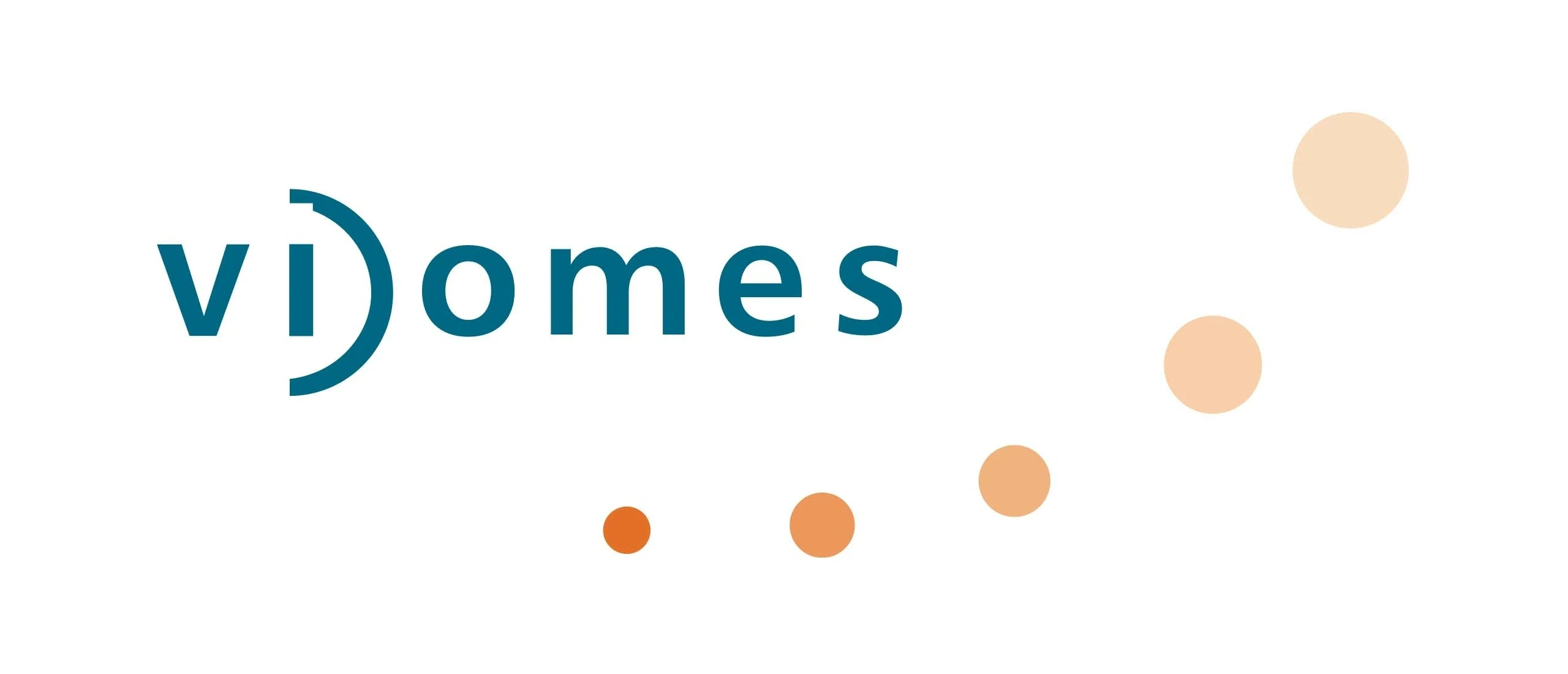Tailored Security
Our team of 140 cybersecurity experts combines their expertise across various disciplines to deliver the optimal managed security solution. By aligning with your organization’s specific context and risk profile, we ensure the right balance between cost-efficiency and control. This approach strengthens your cyber resilience and supports your organization’s growth in cyber maturity.

Our model
Tesorion is a multidisciplinary cybersecurity company with 100% focus on four key security disciplines: Security Monitoring, Offensive Security, Security Advisory, and Incident Response.
Our Managed Detection & Response (MDR) service and Tesorion Security Operations Center (T-SOC) form the core of our comprehensive security portfolio, covering everything from predicting and preventing threats to detecting and responding to incidents.
With our holistic approach, we provide a tailored and cost-effective solution for every situation, context, and risk profile. We cover all security domains—Endpoints, Networks, Cloud, Identity, and Applications—fully integrated with advanced detection and response technologies.
Collaborating for Cyber Resilience
Our experts work closely with clients to help them advance in cyber maturity, each bringing their own focus, discipline, and expertise. Together, they develop the optimal solution for every organization and situation—effectively predicting, preventing, and detecting threats while ensuring an adequate response to incidents.

Our Expertise
By combining expertise from various disciplines, we ensure an effective approach to predicting, preventing, detecting, and responding to cyber threats.
Security Operations
The Tesorion SOC helps organizations monitor networks and devices. If we detect potential malicious behavior, we take immediate action.
Incident Response
The Tesorion Computer Emergency Response Team, T-CERT, helps organizations safely recover after a security incident, allowing you to resume business operations with confidence.
Offensive Security
Enhance your digital resilience and protect your valuable digital assets. Our ethical hackers test your cybersecurity in a realistic and thorough manner.

At Tesorion, we believe that cyber maturity grows through collaboration. Our approachable specialists work side by side with your team every day to strengthen your organization’s cyber maturity. By combining expertise across various cybersecurity disciplines, we ensure an effective approach to predicting, preventing, detecting, and responding to cyber threats.

Trusted by leading organizations
Sign Up for WakeUp Wednesday
Receive the latest news on malware and vulnerabilities in your inbox every Wednesday.
More than 1,000 organisations have already joined us.





























